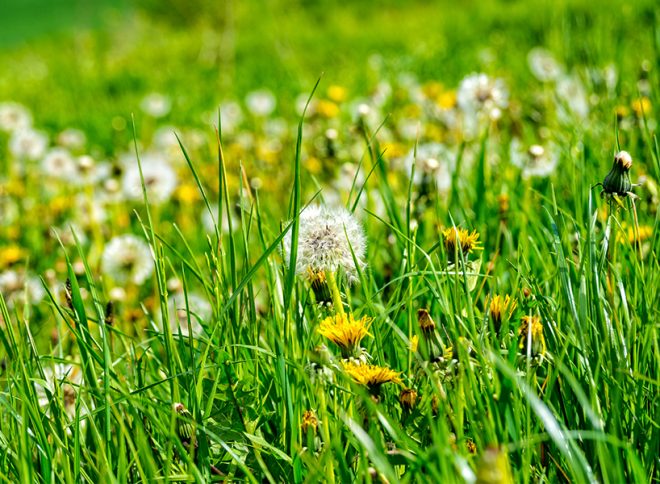
Allergic rhinitis is an inflammation of the nasal mucosa due to an allergic reaction that is caused by an allergen, when you breathe in allergens like pollen, dust, mold, or flakes of certain animals’ skin, your body reacts by releasing a natural chemical called histamine. Allergic rhinitis is a common condition that affects around 15% to 20% of the population around the world.
Allergies are inherited (passed down through families). You have more tendency if your parents or family members are suffering from this condition. Allergic rhinitis caused by the pollens of specific seasonal plants is commonly known as “hay fever” because it mostly occurs during the haying season. While it is possible that you may suffer from allergic rhinitis throughout the year.
If a person is sensitive to seasonal allergens like tree or grass pollen, they have allergic rhinitis for a few months. Other people get allergic rhinitis throughout the year. Seasonal allergic rhinitis (hay fever) is caused by seasonal peaks in the airborne load of pollens. Perennial allergic rhinitis (nonseasonal allergic rhinitis) is caused by allergens present throughout the year e.g., dander.
Symptoms of Allergic Rhinitis
The major symptoms of allergic rhinitis are sneezing itchiness, runny nose(rhinorrhoea), nasal congestion, and obstruction. These symptoms mostly start just after being exposed to an allergen. Most patients with allergic rhinitis having mild symptoms can be treated effectively.
Causes of Allergic Rhinitis
Allergic rhinitis is caused by the reaction of the immune system to an allergen as if it was harmful. Main allergens that cause allergic rhinitis include pollen (this type of allergic rhinitis is known as hay fever), as well as mold spores, flakes of skin, droplets of urine, or saliva of certain animals, and house dust mites.
Complications caused by Allergic Rhinitis.
Serious hay fever symptoms can develop into long-term health conditions that include, nasal polyps, sinusitis, and middle ear infections.
Homeopathic Remedies/Medicines for Hay Fever
The most useful homeopathic remedies are Allium cepa, Euphrasia,
Sabadilla, Nux vomica, Arsenicum album, and Arsenicum iodide.
Allium cepa:
Copious bland watery discharge from the eyes and copious, excoriating watery discharge from the nose. Most of the symptoms are worse in the evening in a warm room. Better, in the open air and in a cold room.
Euphrasia:
Copious acrid lacrimation and copious bland flow from the nose with sneezing. Coryza is worse during the night while lying down.
Sabadilla:
The patient is sensitive to the cold air, a cold room, and cold food. Want hot drinks and food. Symptoms travel from left to right. Itching in the roof of the mouth, on the soft palate, and for relief, the patient must draw the tongue back and forth over the soft palate, with this rhinorrhoea and sneezing.
Nux vomica:
When the itching to the larynx and trachea with great irritability and sensitivity to cold. The nose is stuffed up at night especially. Worse, morning.
Arsenicum album:
When the discharge burs a red streak over the upper lip and about the wings of the nose, with sneezing and profuse watery nasal discharge. Worse in the open air, better indoors. Burning in eyes with acrid lachrymation. Lids red, ulcerated.
Arsenicum iodide:
It has been a most useful remedy for hay fever. Dryness in the nose and epistaxis. Obstruction of the nose. Smell lost. Much sneezing. Swelling inside ulceration and pain in the nose.
How to use your homeopathic remedies.
Use 30c or 200c potency.
Take 1 dose (3-5 drops directly on the tongue or mix in a teaspoon of water) and observe the symptoms. You can take it up to (30c 3-4 and 200c 1-2) times per day. Stop taking the medicine as your symptoms start to improve. When you feel the progress in improvement is stopped. Then repeat a few doses more.
If symptoms do not start to improve in 3-4 doses, assess the symptoms again and select the other remedy.